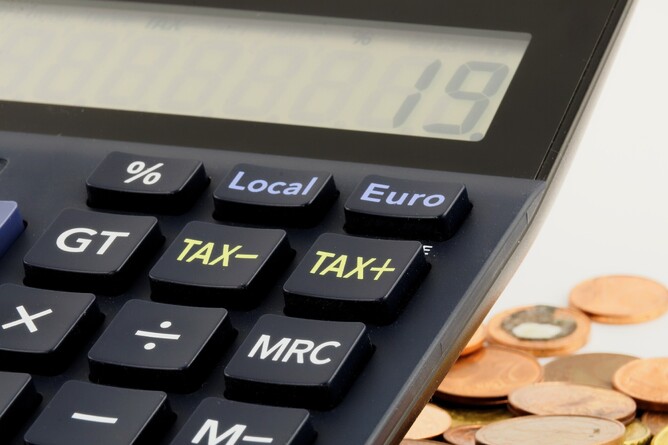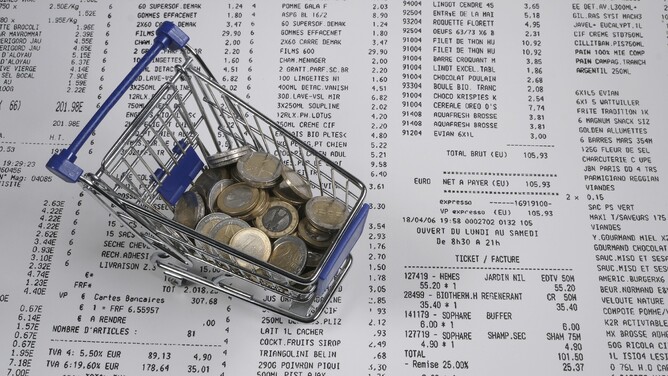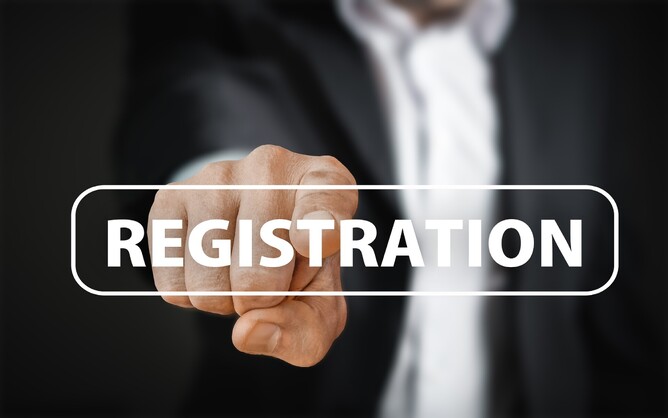Understanding if you need to register for VAT
Value Added Tax (VAT) is a tax that is charged by businesses on the sales that they make.
Understanding if you need to register for VAT is important, but so is understanding if you should register - even if you don't need to.
Not everything that a business sells will be subject to VAT - VAT is only chargeable on what are referred to as 'taxable supplies'. If your business does not make taxable supplies then there is no requirement for you to register for VAT, regardless of how big the business may be.
This is a common misconception that we come across - an assumption that it is the size of the business that determines whether or not it needs to be VAT registered. The size only dictates when a business must register, what it sells determines if it must register.
In this respect it is much easier to look at what not vatable, rather than what is. You can find out more on the government website When not to charge VAT.
For a more comprehensive list then the guidance on VAT on different goods and services is also a good place to look.
Just to confuse matters slightly further, some taxable suppliers are vatable at 0%. So you charge VAT, it just has no monetary value.
And remember, we have a huge number of Factsheets covering all sorts of aspects of running your business and you can always have a look at our VAT Factsheet or contact us to chat things through.
Do i need to register for VAT? - keeping it simple...
If you are making taxable supplies then you must register for VAT if your annual sales turnover will exceed £85,000. That is to say registration is compulsory when:
- you expect your VAT taxable turnover to be more than £85,000 in the next 30-day period
- your business had a VAT taxable turnover of more than £85,000 over the last 12 months
So in short, if your annual turnover is less than £85,000 then you are not obliged to register for VAT - regardless of any other factor.
But, there are situations when you may wish to register voluntarily, regardless of your annual sales number.
Voluntary VAT registration
Above we’ve looked very briefly at the circumstances that mean that you need to register for VAT so now let's look at when you might want to register - known as voluntary registration.
Firstly we need to stress - if you are not making taxable supplies then you cannot register whether you want to or not.
In making the decision to voluntarily register for VAT one of the most important things to consider is whether you are selling to business customers or to private individuals.
As a rule of thumb:
- If you are selling to business customers you may want to register for VAT
- If you are selling to private individuals you will not want to register for VAT
The reason is that it is likely that your business customers will themselves be registered for VAT. This means that they can reclaim the VAT that you charge them on the sales that you make.
The VAT that you charge does not therefore have the effect of increasing the cost of what you are selling. There may be a cash flow consideration as your customer may have to pay you the VAT before they can reclaim it, but the cost impact is nil.
For private individuals, however, as they cannot register for VAT and cannot therefore reclaim what you charge them, registering for VAT will have the effect of increasing your prices and could make you uncompetitive against other businesses that are not charging VAT.
But remember the 0% we mentioned above? If you find yourself in the position where what you sell is zero rated for VAT purposes then you will almost certainly want to register for VAT regardless!
Remember, if your sales of taxable supplies exceeds £85,000 per year then you will have to register regardless of who you are selling to.
Why voluntarily register VAT?
As mentioned above, when one of your business customers is registered for VAT then they can reclaim the VAT that you charge them.
The same is true of your own business. If you are registered for VAT then you can reclaim the VAT that your suppliers charge you.
For example, if you purchase something for £100 upon which a supplier has charged you VAT this will have (usually) £16.63 of VAT included in the price. This means that the supply should actually cost you £83.33, not £100.
You will pay your supplier £100 but can then reclaim the £16.63 from HMRC when you file your VAT return.
When you consider that you are probably paying VAT on your mobile phone bill, IT software subscriptions, materials, professional fees and advertising & marketing costs then the savings can really stack up.
You can also reclaim VAT on much, much more expensive items such as new computers and other plant and machinery - the VAT on a new laptop alone can be a couple of hundred pounds, all of which you can have back.
And if you are supplying zero rated items..? Then it is sort of the best of both worlds as you charge VAT at £nil but can still reclaim all of the VAT that you have paid.
What is involved in registering for VAT?
The answer is not a lot... but there are some requirements in terms of accounting for VAT and reclaiming money appropriately and correctly - check out our VAT Factsheet to see what you need to be doing.
You can register for VAT online or can contact us and we can talk you through the process.
Remember that you must be making (or intending to make) sales that are subject to VAT - even if they are zero rated supplies - and you must register for VAT if those supplies are going to be more than £85,000.
Being registered for VAT does increase your compliance requirements and there are items that you cannot reclaim VAT against if they are for personal use, so it’s always best to double check with someone like us first.
It's also worth noting that registering for VAT can have a detrimental impact on your cash flow in the short term if you get your timings wrong and there are several schemes and options which may be suitable for you.
Talk to us
If you would like clear, concise and easy to understand help and advice on any issues that you are concerned about then you can contact us on 01474 326224. Alternatively, visit the website tweet @atnpartnership or email info@atnpartnership.co.uk.





